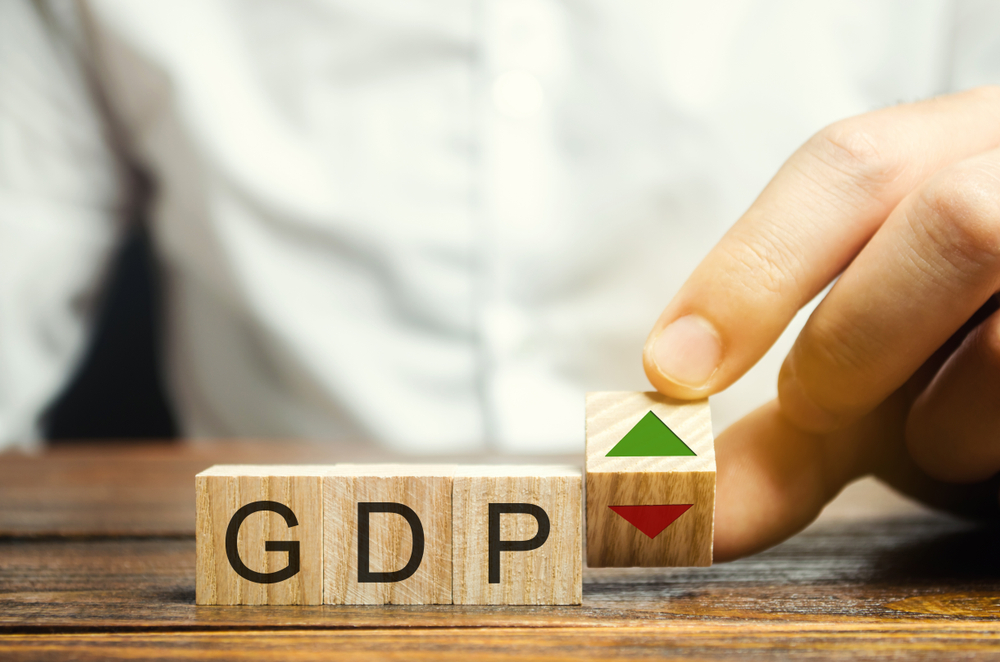Household Bills
Economy expected to improve as UK narrowly avoids recession

The country is on a path to narrowly avoid sinking into a recession as economic conditions recover slowly, forecasters say.
Only marginal economic growth is expected this year, according to the latest bank lending forecast for households and businesses from the EY Item Club.
Slower inflation, lower-than-expected energy costs and a buoyant employment market should help lift the country’s gross domestic product (GDP) by 0.2% this year, instead of shrinking as forecast earlier, it said.
A recession is typically defined as a fall in a country’s gross domestic product over two successive quarters.
Analysts believe an increase will result in more borrowing by consumers and businesses.
A livelier housing market
EY Item predicts that net mortgage lending will grow 1.2% in 2023 as the housing market perks up. That estimate is 0.4% more than the forecast issued in February but it’s still well below the 3% average from 2015 to 2019, before the pandemic, a sluggishness attributed to rising mortgage interest rates.
It said that despite recent volatility in the global banking sector, it expected overall lending to households and businesses to rise 1.2% this year for a net rise of £29bn. That’s a change in direction from its February forecast which saw a decline in lending of 0.1% for a net drop of £2bn. On its own, lending to businesses was still forecast to decline 0.8% but that’s less than the earlier annual forecast of a 3.8% drop.
‘Path to economic recovery’
Anna Anthony, UK financial services managing partner at EY, said: “We’re still on the path to economic recovery and many businesses and consumers – particularly the most vulnerable in society – continue to face significant cost-of-living pressures. This cannot be underestimated, and appropriate support must still be provided, but we are in a more optimistic place than we were a few months ago.
“The recession that many thought was inevitable is now likely to be avoided and energy prices have fallen, boosting consumer and business sentiment.”
For consumers, EY Item said, the drop in UK energy prices would probably raise their discretionary spending and borrowing, although rising interest rates and increased taxes would probably push people to put less debt on their credit cards.
Dan Cooper, UK head of banking and capital markets at EY, said: “The current market environment is far from easy for consumers, businesses and banks, but economic conditions have improved from just a few months back. While an increase in loan defaults is still looking likely across all lending fronts, the increase is lower than we expected three months ago.”
No surge in mortgage write-offs
Homeowners on variable rate mortgages or those nearing the end of their fixed-rate contracts will be paying higher rates of interest. But EY Item says the fact that many households built up savings during the pandemic and that lenders are more willing to switch customers to interest-only payment plans, mean that a steep rise in write-offs is not expected.
Looking ahead, Anthony added: “With economic conditions expected to improve over the course of 2023 and into 2024, banks will be able to devote more of their time to other critical areas such as digital innovation, sustainability and governance.”